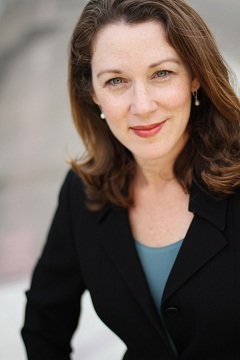
Jennifer J. Deal, Ph.D., is a Senior Research Scientist at the Center for Effective Organizations in the Marshall Business School at the University of Southern California, a Lecturer at the Rady School of Management at the University of California San Diego, an Affiliated Thought Leader at the Center for Creative Leadership, and a contributor to The Wall Street Journal’s “Experts” panel on leadership. Her work focuses on global leadership and generational differences, and has been featured in such media outlets as the Harvard Business Review, The Economist, New York Times, Wall Street Journal, The Guardian, strategy+business, Forbes, Fortune, South China Morning Post, and Globe and Mail.
Previously, Jennifer was a researcher at the Center for Creative Leadership for 23 years, helping leaders around the world more effectively address the challenges they face. In addition to her academic and popular press writing in areas such as generational differences, digital transformation, employee engagement, global management, and women in leadership, in 2002 Jennifer co-authored Success for the New Global Manager (Jossey-Bass/Wiley Publishers). Her second book Retiring the Generation Gap (Jossey-Bass/Wiley Publishers) was published in 2007. Her third book entitled What Millennials Want from Work (McGraw Hill Publishers) was co-authored with Alec Levenson in 2016.
An internationally recognized expert on generational differences, she has spoken on the topic on six continents (North and South America, Europe, Asia, Africa, and Australia), and she looks forward to speaking to Antarctic penguins about their generational issues in the near future. She holds a B.A. from Haverford College and an M.A. and Ph.D. in industrial/organizational psychology with a specialty in political psychology from The Ohio State University. In 2017 she was the winner of the Raymond A. Katzell Award for “showing to the general public the importance of work done by I-O psychology for addressing social issues, that is, research that makes a difference for people” from the Society of Industrial and Organizational Psychology (SIOP).
